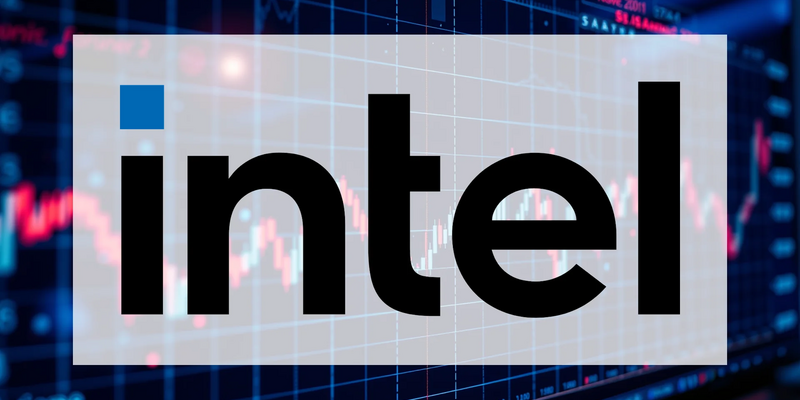Intel Faces Espionage Allegations in High-Stakes Chip Battle
23.11.2025 - 05:22:04The semiconductor industry is confronting a significant corporate controversy as Intel finds itself at the center of espionage allegations originating from Taiwan. Rather than celebrating technological advancements, the American chipmaker is defending against claims that a recently hired executive may have stolen trade secrets from its primary competitor, TSMC. Despite ongoing investigations by Taiwanese authorities, Intel's stock has demonstrated notable resilience in the market.
At the heart of the controversy stands Wei-Jen Lo, formerly a Senior Vice President at TSMC who recently assumed the role of Vice President for Research and Development at Intel. During his extensive 21-year tenure with the Taiwanese semiconductor giant, Lo played an instrumental role in establishing TSMC's dominant position in the chip foundry sector. His retirement in July 2025 was immediately followed by his recruitment to Intel, a transition that has now drawn both corporations into legal proceedings.
Joint investigations by Taiwanese prosecutors and TSMC are examining whether Lo accessed confidential internal documents before his departure. The focus centers on materials related to cutting-edge 2nm (N2) and A16 process technologies—precisely the manufacturing methods that have solidified TSMC's competitive advantage over Intel. The allegations suggest potential industrial espionage conducted to benefit a market rival.
Corporate Response and Market Reaction
Intel CEO Lip-Bu Tan has firmly rejected the accusations. During his appearance at the Semiconductor Industry Association Awards on Thursday evening, Tan responded decisively: "These claims represent nothing more than rumors and speculation. Our company maintains strict respect for intellectual property rights—there is no substance to these allegations." His unambiguous statement appeared to reassure investors, with Intel shares closing at $34.50 on Friday, representing a 2.62 percent increase following a period of market volatility.
Should investors sell immediately? Or is it worth buying Intel?
The recruitment of Lo forms part of Intel's comprehensive strategy to regain technological leadership. Under Tan's direction, the company is aggressively pursuing its comeback initiative. The 18A manufacturing technology is currently being implemented, with the more advanced 14A process scheduled for 2027. By bringing Lo onboard, Intel gains an executive with firsthand knowledge of TSMC's successful methodologies—though this very expertise now presents potential legal complications.
Financial Performance Amid Controversy
The stock market's measured response to these developments reflects Intel's recent financial trajectory. The company has executed a remarkable recovery in recent months, with shares appreciating approximately 45 percent from their low of around $24 one year ago. A significant milestone occurred in the third quarter of 2025 when Intel returned to profitability following an extended period of restructuring.
Nevertheless, the situation remains delicate. Should Taiwanese investigations progress to formal charges, Lo's position within Intel could become untenable—potentially jeopardizing a crucial component of the company's revival strategy. This case further illustrates the intensifying global competition within the semiconductor sector, where technological supremacy is now contested not only in manufacturing facilities but increasingly in courtrooms.
Ad
Intel Stock: Buy or Sell?! New Intel Analysis from November 23 delivers the answer:
The latest Intel figures speak for themselves: Urgent action needed for Intel investors. Is it worth buying or should you sell? Find out what to do now in the current free analysis from November 23.
Intel: Buy or sell? Read more here...


